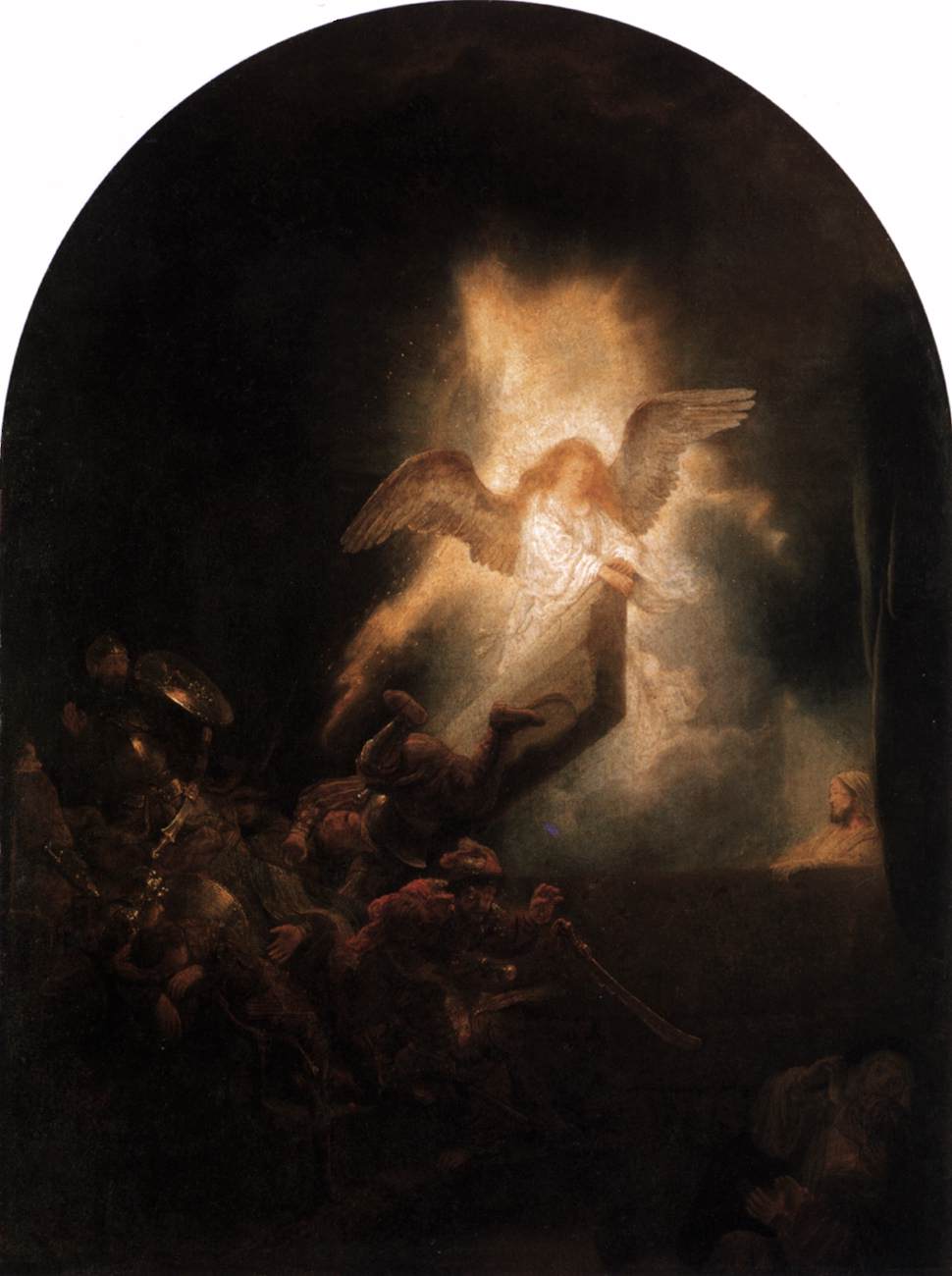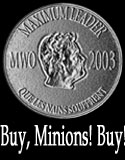Greetings, loyal minions. Your Maximum Leader has, for a while now, been thinking about Scottish Independence. If you didn’t know, in just over a fortnight Scots (and some expat Scots) will get to vote on a straightforward question, “Should Scotland be and independent country?”
Your Maximum Leader is deeply conflicted on this question.
For those who don’t know, your Maximum Leader’s ancestry is Anglo-Scottish. It is a little heavier on the “Scottish” side than the “Anglo” side - but it is a nearly even mix. (For what it is worth, there is some Welsh, Irish and German in that mix too. So that makes your Maximum Leader a pretty good American mongrel as it were.)
Like many Americans, some generations removed and of a certain cultural background, your Maximum Leader has an affinity, perhaps even a love, of the “mother country.” Of course, he realizes that his love of Scotland, a nation in which he’s never lived and he hasn’t visited in decades, is a love of an idealized nation. He knows more Scottish history than most Americans. He (casually) follows Scottish politics. But he is an American, not a Scot. So at some level his opinions on this whole matter are worth just about nothing…
Here are your Maximum Leader’s musings on Scottish Independence.
As an American, he wants to see people who feel they ought to be a “free and independent” become “free and independent.” This belief is tempered by knowledge of history and his own experience which tells him that though some people want to be free and independent; they aren’t ready or able to be free and independent nation-states. The Scots are certainly ready and able to be a free and independent nation-state; but should they be? They are half of the most successful union of two nation-states in the history of mankind. The Act of Union of 1707 created Great Britain and thus created the most influential nation-state in the world for nearly two hundred years. It isn’t a stretch to say that the ascendancy of British model flowed from Britain herself to the US as British power declined in the wake of WWI. Why mess that up? The United Kingdom (of Great Britain & Northern Ireland) still “punches above her weight” in the world. Scotland is an important component of the UK and the UK’s success on the world stage.
Would Scotland continue to “punch above her weight” without being part of the UK/Great Britain? Your Maximum Leader doubts it. The foundations of the Scottish independence movement all involve suppositions that don’t seem to be supported by facts. The proponents of Scottish independence believe they will get to keep the British Pound and a say in how it is managed. That isn’t going to happen. They believe they are going to get all the North Sea Oil. They very well may get a significant portion of North Sea Oil (as it is mostly in Scottish waters); but England will get some and that resource is finite. It isn’t wise to bet future financial stability on an openly traded commodity with a limited life span. They assume they will assume a fairly small portion of the national debt of the UK. The assumption is they will assume debt based on the population of Scotland relative to England/Wales/Northern Ireland. Why wouldn’t they be burdened with a portion of debt relative to the amount of the debt for which they are actually responsible - this is to say debt that was incurred for payments in Scotland? They believe that they can quickly join the European Union. Frankly, your Maximum Leader thinks that Scotland’s chances of EU membership are slim to none. (He believes that Spain & Italy, among others, will aggressively block adding Scotland to the EU. Allowing Scotland in would set a bad precedent if you are trying to keep places like Catalonia and the Veneto in modern Spain and Italy respectively.) Your Maximum Leader can go on; but further examples all fall into the same pattern. Pro-independence supporters promote a rosy suppositions with no guarantee of future outcomes.
This is what gets at your Maximum Leader. It goes against his native conservative instincts. To paraphrase Michael Oakeshott, your Maximum Leader prefers the known to the unknown, the tried to the untried, and fact to mystery. Scots have a workable political system that is known, tried, and has done well by Scots for over 200 years. The future is a place of mystery and uncertain outcomes. Your Maximum Leader isn’t sure why one would voluntarily overthrow a system that is working (and working well) in favor of a system about which nothing is certain or known.
Well… Your Maximum Leader does understand the impulse to change. It is the impulse at work throughout the world all the time. It is the hope that things could be better. Scotland could be better if they had control of their own foreign policy. Scotland could be better if they had full control of their own resources. It is the promise of things that could be better that makes people want to try their hand at independence. When one is dealing with desires, aspirations, and a complex national identity; one can understand why there is appeal to change. But in most cases, the pitfalls that arise from monumental decisions fall largely into the “unforeseen consequences” area. In the case of Scotland, many of the consequences are being foreseen and are being dismissed with a blythe “we can work it out.” Sadly, it is in the “working out” of problems that true and unrepairable consequences of action are discovered.
At some wistful level your Maximum Leader would like to see Scotland reclaim her independence. But that level is one formed from a view of an idealized future based on a long-gone and idealized history. When your Maximum Leader steps back and looks at the issue of independence in a more reasoned and unemotional way, he sees too many questions that have no answer. That should give Scots pause.
Carry on.
Follow your Maximum Leader on Twitter: @maximumleader




